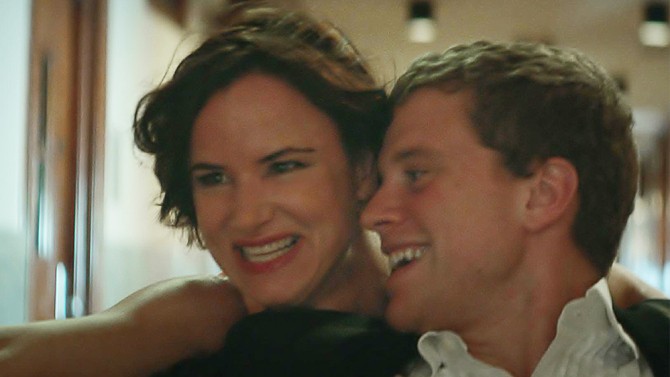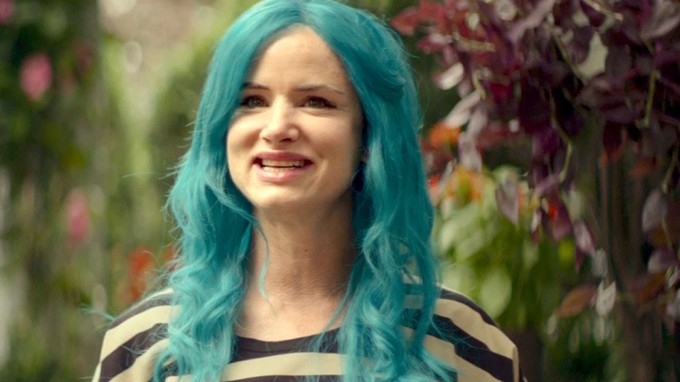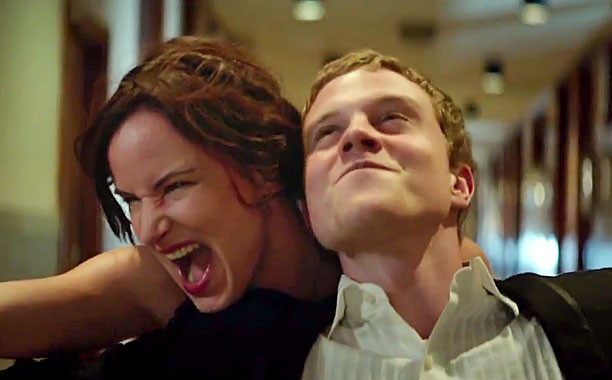Ain't It Cool News (www.aintitcool.com)
Movie News
Capone talks with KELLY & CAL stars Juliette Lewis and Jonny Weston about the power of love and punk rock
Hey everyone. Capone in Chicago here.
JL: Okay, how is this possible? It was 11:30 in the morning.
Readers Talkback




